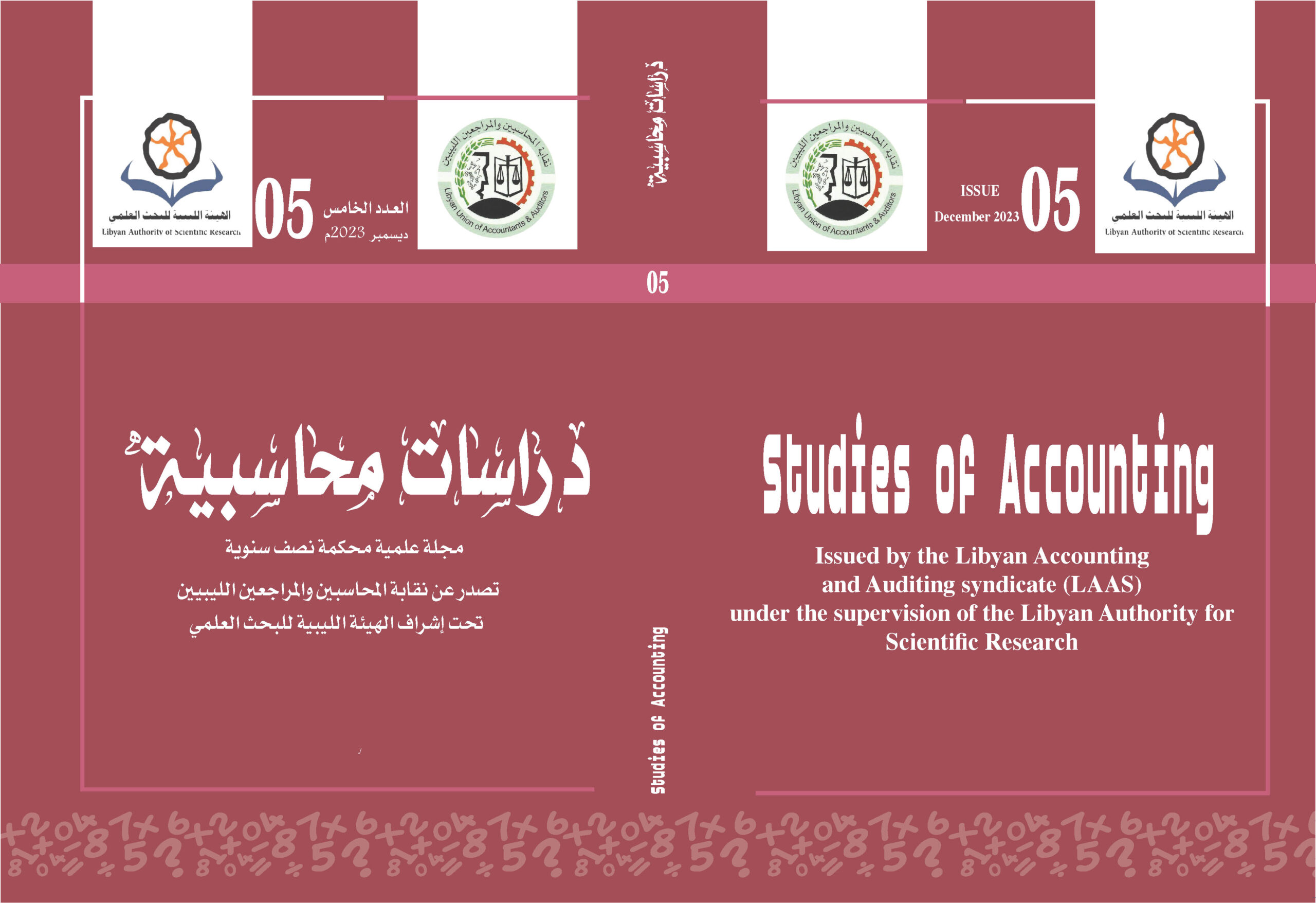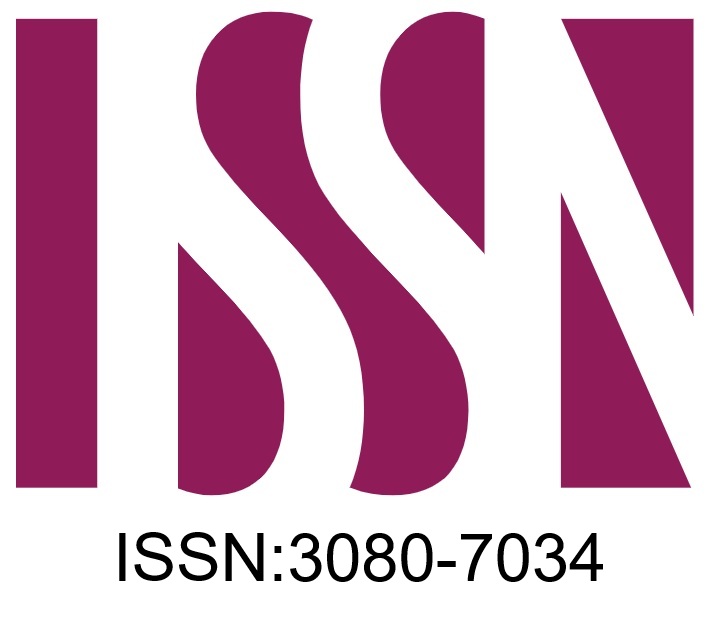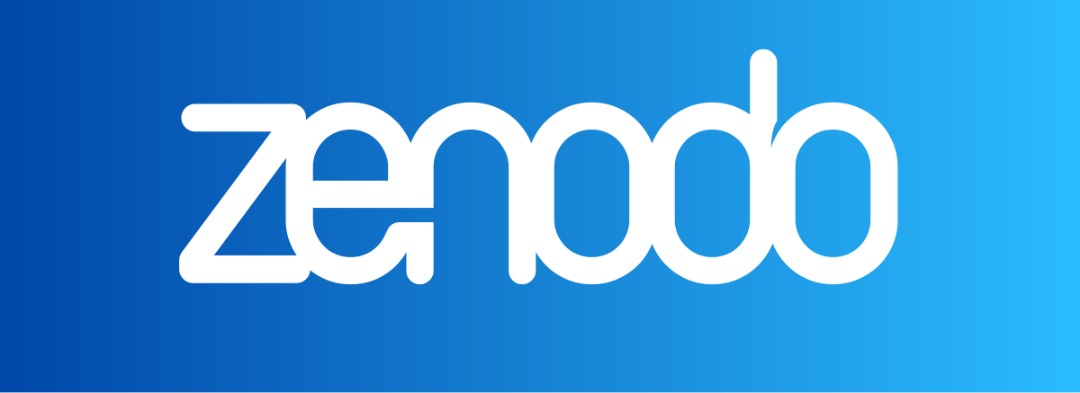دور المراجع الخارجي في تعزيز الرقابة الشرعية لدى المصارف الإسلامية في ليبيا.
DOI:
https://doi.org/10.5281/zenodo.15689283Keywords:
المراجع الخارجي, الرقابة الشرعية, المصارف الإسلاميةAbstract
هوية المصارف الإسلامية لا تتم إلا بتميزها عن المصارف التجارية في تطبيق الشريعة الإسلامية في جُل تعاملاتها المصرفية. وللتأكد من انسجام العمل المصرفي مع الأحكام الشرعية، كان لزاماً وجود مراقب شرعي يتابع أنشطة المصارف الإسلامية. ويلعب المراجع الخارجي دوراً هاماً في تعزيز عمل المراقب الشرعي من خلال متابعة التقارير التي يقدمها وفقاً لمهمته الأساسية. ومن هذا المنطلق، تهدف هذه الدراسة إلى التعرف على دور المراجع الخارجي في تعزيز الرقابة الشرعية لدى المصارف الإسلامية في ليبيا. مصرف اليقين، ومصرف النوران والمصرف الليبي الإسلامي، نموذجا، وبتحليل البيانات التي تم جمعها من خلال أداة الدراسة تم التوصل إلى جُملة من النتائج أهمها: أن المراجع الخارجي لدى المصارف يقوم بمراجعة وإقرار خطط التدقيق المقترحة من قبل إدارة التدقيق الشرعي الداخلي، ويتأكد من مدى كفاية وفعالية نظام الرقابة الشرعية الداخلية، ويتولى عملية تقييم كفاءة ومهنية المدقق الشرعي. إلا إنه لا يتولى عملية مراجعة القوائم المالية للتأكد من مدى استيفائها لمتطلبات المعايير الشرعية. وبناءً على هذ النتائج توصلت الدراسة إلى مجموعة من التوصيات والتي من شأنها أن تساهم في تفعيل دور المراجع الخارجي في تعزيز الرقابة الشرعية بالشكل الأمثل.
This study aimed to identify the impact of voluntary disclosure components (geThe identity of Islamic banks can only be achieved by distinguishing them from commercial banks in applying Islamic Sharia in most of their banking transactions.
In order to ensure the consistency of banking work with the Shariah rulings, it was necessary to have a Shariah observer who monitors the activities of Islamic banks.
The external auditor plays an important role in enhancing the work of the Shariah auditor by following up on the reports he submits in accordance with his primary mission. From this point of view, the current study aimed to identify the role of the external auditor in strengthening the legal supervision of Islamic banks in Libya by applying to each of Al - Yaqin Bank, Al - Nouran Bank and the Libyan Islamic Bank, and by analyzing the data collected through the study tool, a number of results were reached. The most important of them was that the external auditor at the banks reviews and approves the audit plans proposed by the internal Sharia audit department, and ensures the adequacy and effectiveness of the internal Sharia control system, and also undertakes the process of evaluating the efficiency and professionalism of the Sharia auditor. However, it does not undertake the process of reviewing the financial
statements to ensure that they meet the requirements of Sharia standards. Based on
these results, a number of recommendations were developed that would contribute to activating the role of the external auditor in enhancing Shariah supervision in an optimal manner.

Downloads
Published
Issue
Section
License

Authors retain copyright and grant the journal right of first publication with the work simultaneously licensed under a Creative Commons Attribution (CC-BY) 4.0 License that allows others to share the work with an acknowledgment of the work’s authorship and initial publication in this journal.









